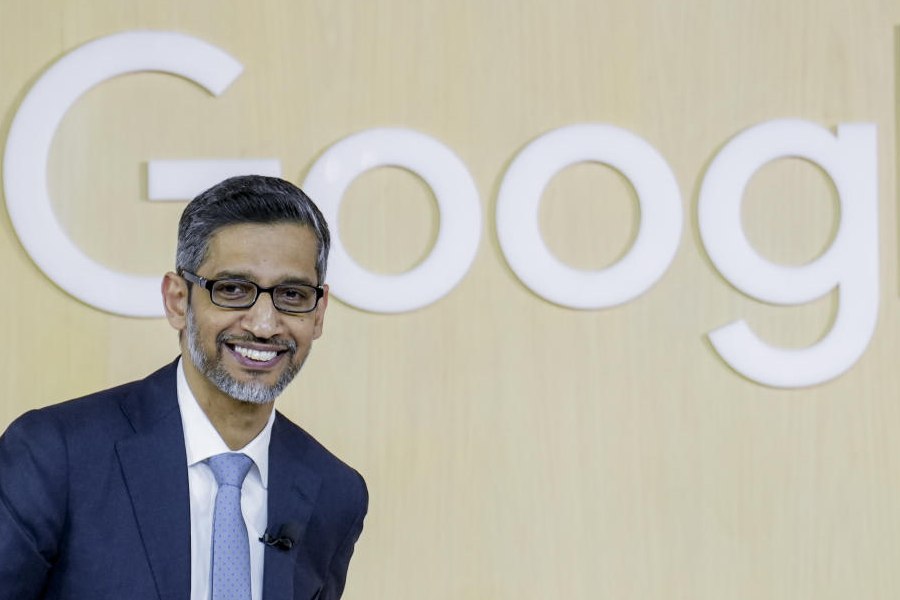There were no fireworks in the luxury-car segment this Diwali, though the Goods & Services Tax regime had initially promised lower price tags. It was not a Supreme Court order that dampened the mood, as it did in Delhi for fireworks, but the government's decision to increase the ‘compensation cess’ on GST.
The auto industry, particularly the luxury segment, was getting to like the GST regime rolled out on July 1. There was transparency, and a nationwide uniformity. The luxury segment, which was taxed at 43 per cent before GST, had benefited the most. Luxury cars and SUVs, now bracketed in the 28 per cent slab, had become cheaper by a few lakhs of rupees even though the government had decided to add a “compensation cess” to GST on many items to ensure that exporting states did not lose out on revenues.
But politicians in power do not want to be seen as pro-luxury. Or maybe the government feared a revenue loss after GST brought down the tax rate. So, in September, just before the festival season, the government decided to increase the rates of compensation cess on some ranges of cars by 10 per cent.
The industry was stunned. How had the government missed the math? Lower prices equals more cars sold, which equals higher revenue collections. It lobbied hard, and managed to limit the increase by two to seven percentage points.
“As it is, with pre-GST discounts and subsequent GST implementation, consumers had already pre-poned their festive purchases. But now with a higher cess which hikes the price of luxury cars and SUVs to pre-GST levels, we have had pretty flat sales through the festive season,” said a luxury-car dealer in Calcutta.
The auto industry says the government’s fear of a fall in revenue collections is a short-sighted view.
“(The government) failed to realise that as sales would have spiralled so would its tax collections,” said an industry insider.
The industry feels that the government, by increasing the cess without waiting at least a few months for the effect of the GST, has weakened the growth momentum and the prospects of more investments in Indian production facilities, or Make-in-India drive.
“I think GST was a very good step. First of July implementation, bringing India under a uniform tax regime, that’s transparency for everyone, for the industries, for the companies and especially for the consumers,” says Rahil Ansari, Head of Audi India, which has not had “a great festive season”.
“Even if the rumoured cess hike of 10 per cent was not concluded, now we have two, five and seven per cent. The slabs are creating confusion for consumers again. The government created more complexity for everyone. Not only for the manufacturers but for the consumers as well," Ansari says.
"If I buy this car, it is two per cent, if I buy that car five per cent, if I buy that car seven per cent. And it will also impact our target of a double digit growth,” Ansari says.
Audi India had sold 11,192 units in 2015. While it has not disclosed its sales figures for 2016, the company says sales in 2017 could stay at last year's levels.
Roland Folger, Mercedes India's MD and CEO, has all through been vocal against the government's flip-flop policy on the industry.
“The decision to increase the cess yet again is very unfortunate and totally overlooks the contribution we make to the industry and the economy,” Folger says.
Though the luxury car industry’s volume contribution is very low, the value-wise share is much higher and that has immense potential to grow even more in future if there is “fair taxation”, he says.
Folger feels the increase in cess will push prices back to pre-GST levels, before the discounts began.
“With this increase in cess now, the prices are bound to leap back to the pre-GST regime, in some cases higher than the pre-GST regime, thus negating altogether the benefits of GST regime,” Folger says.
However, the German marquee has posted robust growth despite the cess, it seems. “Our Q3 sales were higher than expected with a robust 41 per cent growth and 4698 units which has been the highest in the industry,” said a company spokesman.
While BMW, the other German player in the luxury market, declined to comment for this report, Tata Motors owned Jaguar Land Rover has issued a modest critique on the cess hike.
“While the increase in cess will impact consumer demand, investment and job creation, we are glad that the government and the GST Council took note of our concerns and somewhat moderated the increase in cess,” says Rohit Suri, JLR India's President and MD.










